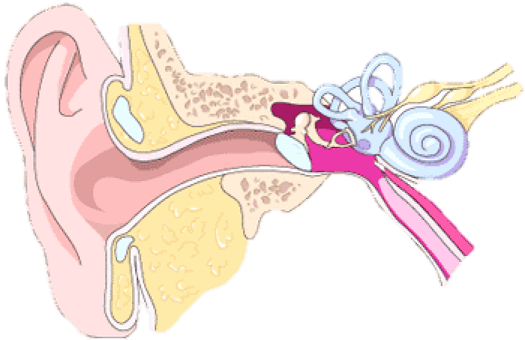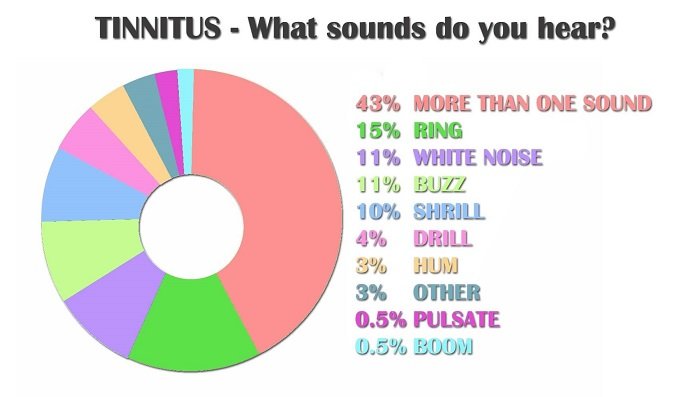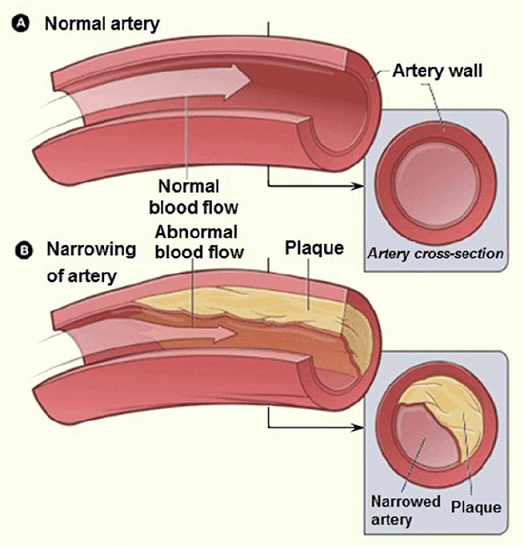Information on this site shall be considered as holistic, alternative and spiritual advice only. For medical advice and treatment a GP, medical professional and/or Certified Hijama Therapist should be consulted. In all circumstances where lifestyle changes, supplements, or other foods are suggested your GP should be consulted. Client Safety is the number one priority.
Complete Hijama Treatment Plan for Tinnitus and Weakness of Hearing and Inflammation
Allow 2-4 weeks between sessions – longer if required. Hijama Points shown for each session should ONLY be used to guide the therapist. Body size, cup size, and any other conditions need to considered and appropriate care and attention taken. The number of sessions shown can be increased or reduced depending on the condition of the client.
Complete Treatment Plan
Click here for Session 1Click here for Session 2
Click here for Session 3
Standard Wet Points – 1,55,20,21,37,38
Click here for Hijama Points on the back of the bodyClick here for Hijama Points on the head and face
If the client has a complicated history and numerous concerns then it is a good idea to use our online consultation service – click here.
Which body part or function is involved in Tinnitus and Weakness of Hearing and inflammation?

The ear is an organ that allows a person to hear the sounds present in their surroundings. The sound waves in the ear are converted into electrochemical impulses detected and analyzed by the process of transduction. The human ear is composed of various structures that work together to perform two important functions in the ear: one is of hearing and equilibrium to create a sense of balance and coordinate the movement of an eye and head. There are three parts of the human ear including:
1. Outer ear
It consists of parts that visible on the outside of the body including an auricle that protrudes from the side of the head. The second part is the auditory canal that joins the tympanic membrane or eardrum on the inside. The outer ear collects the sound waves and passes them on to the tympanic membrane.
2. Middle ear
Present in the temporal bone middle ear is an air-filled cavity that is covered by auditory ossicles consisting of three small bones stapes, malleus, and incus. The sound waves from the tympanic membrane are received by the auditory ossicles and transfer to the inner ear.
3. Inner ear
The inner ear is a complex system of fluid-filled channels and cavities present in the very hard part of the temporal bone. The inner ear is comprised of two functional parts including:
- Vestibular apparatus: It holds the sensory structures of the postural equilibrium
- Cochlea: It contains hearing sensory structures.
These sensory structures are very specialized parts of the vestibulocochlear or eighth cranial nerve. When any of these delicate systems or structures are disturbed the normal functioning of the ear is impaired leading to various conditions depending upon the part of the ear that gets affected. The ear diseases include ear infection, inflammation of the nerves, otitis externa, and acute mastoiditis.
What are the symptoms and effects of Tinnitus and Weakness of Hearing and inflammation on the body?
A common condition in which a person hears a continuous ringing or other noises in the ear that are not caused by an external sound and are not heard by the people a normal hearing. This a common condition specifically in aged people and affect about 10% of the American people. There are various factors that can lead to tinnitus including the normal aging process in people, abnormality in the circulatory system, any injury that affects the ear. These tinnitus symptoms can be improved by treating the underlying health condition. Most commonly tinnitus causes a ringing sound in the ear that is not present in real but some other sounds like humming, roaring, hissing, buzzing, grinding, whistling or clacking can also be heard by the affected person.

The sounds that are heard by the person with tinnitus may be of low or high pitch and can be heard in one ear or both. Tinnitus itself is not a disease but may indicate some serious underlying health condition that needs your attention. This may indicate an impairment in the nerve that connects the ear with the brain, some issues with the ear, other problems in some other brain regions that are involved in sound processing. Tinnitus can be caused when a person starts or stops certain medications. While in the aging population tinnitus may appear as a sign of hearing loss. The simplest cause of tinnitus may be a small piece of earwax that blocks the ear canal while other causes may include serious health problems:
- Presence of a tumor in the brain
- Hearing loss with aging
- Infection of the middle ear
- Thyroid problems
- Meniere’s disease
- Heart diseases
- Sinus infection
- Osteosclerosis
- Buildup of earwax
- Hormonal changes in females
- Hearing loss due to excessive noise
- Injury in the head and neck region
Tinnitus is not curable, but it can be managed, and most people get adjusted to the ringing over time. In some people, it may cause insomnia, depression, poor work performance, lack of concentration and anxiety.
What changes in diet can help improve symptoms of Tinnitus and Weakness of Hearing and inflammation?
According to research great number of people with tinnitus also suffer from hyperinsulinemia.
A team of researchers in Brazil put the tinnitus patients on a hyperinsulinemia-suitable diet and instructed them to take food every three hours, avoid simple carbs and sugar, limit alcohol use, take a strict fatty acid diet and drink 4 to 6 glass of water daily. They saw improvement in 76% of tinnitus patients either the symptoms became negligible or resolved completely
Changes in lifestyle which can help Tinnitus and Weakness of Hearing and inflammation
Lifestyle changes to manage the stress level and get rid of depression and anxiety can help with tinnitus a lot. Meditation, yoga, and exercise is the best practice to improve the tinnitus-related symptoms. Also, avoid smoking or drinking to improve the condition.
Possible alternative remedies for Tinnitus and Weakness of Hearing and inflammation
- Avoid exposure to loud noises that may damage the nerves related to hearing and cause deafness or tinnitus.
- Limit caffeine intake
- Try behavior therapy
- Acupuncture is also found helpful in improving tinnitus-related symptoms.




